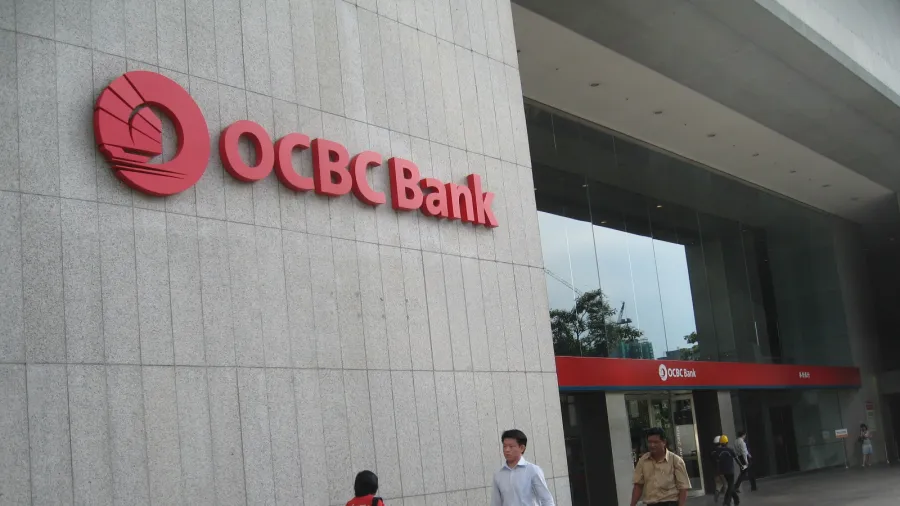
OCBC closes 2021 with 35% surge on profits
Proposed final dividend was increased to 28 cents per share.
The Oversea-Chinese Banking Corporation Limited (OCBC) reported a total net profit of S$4.86b ($3.61b) for the financial year (FY) ended 31 December 2021, an increase of 35% compared to a year ago.
The net profit growth was underpinned by strong growth in non-interest income and lower allowances, which offset a decline in net interest income amidst a low-interest-rate environment.
Net interest income decreased 2% from the previous year to S$5.86b ($4.36b), mainly attributable to 7 basis points fall in net interest margin, despite a 3% increase in average asset balances.
Meanwhile, robust growth was recorded for OCBC’s non-interest income, which climbed 14% to S$4.74b ($3.53b) from S$4.17b ($3.10b) in FY 2020.
Net fee income rose 12% to a new high of S$2.25b ($1.67b) from broad-based fee growth on the back of higher transaction volumes and customer activities. Wealth management fees surpassed the S$1b ($740m) mark for the first time.
OCBC also reported that its wealth management income, comprising consolidated income from insurance, premier and private banking, asset management and stockbroking, rose 11% to S$3.92b ($2.92b), up from S$3.54b ($2.63b) last year, and contributed 37% to the group’s total income. As at 31 December 2021, group wealth management AUM rose 7% to S$258b ($191.90b) from S$241b ($179.26b) a year ago.
Net trading income of S$763m ($567.52m) in 2021 was 12% below S$863m ($641.90m) in the previous year, largely due to a decline in non-customer flow income. Net realised gains from the sale of investment securities of S$92m in 2021 ($68.43m) were lower as compared to S$208m ($154.71m) in FY 2020.
Group operating expenses in 2021 were 7% more than 2020, due to higher staff costs linked to headcount growth as OCBC invested in its digitalisation and wealth management to support its strategic priorities. Excluding the effect of government job support grants, operating expenses would have increased by 4%.
Total allowances were lower at S$873m ($649.34m) as compared to S$2.04b ($1.52b) in the previous year. These mainly comprised allowances for impaired assets of S$855m ($635.95m) and allowances for nonimpaired assets of S$18m ($13.39m).
FY 2021 ROE improved to 9.6% from 7.6% a year ago, whilst earnings per share rose to S$1.07 from S$0.80 cents in the prior year.
Group CEO Helen Wong said OCBC’s strong 2021 performance demonstrated the resilience of its banking, wealth management and insurance franchise, supported by its solid balance sheet, diversified funding base, and continued investment in people and technology.
“We are back to pre-pandemic profitability levels. We achieved good momentum across our customer franchise and reported record wealth management and fee-based income, broad-based loan and insurance sales growth. Looking ahead, we are cautiously optimistic that the operating environment will improve,” Wong said.
You may also like:
DBS Digital Exchange poised to become key player in digital asset



















 Advertise
Advertise














